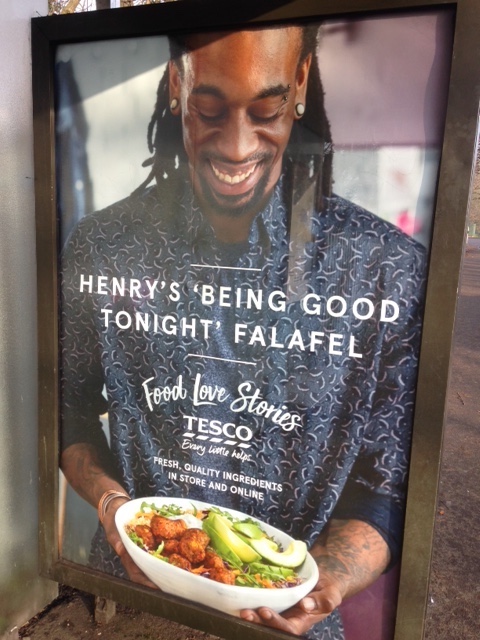When Storytelling is Food-Selling

Every big brand is in the business of storytelling these days. Much of it subtle and behind the scenes. From engaging a workforce with some sense of belonging, and a reason to show up every day, to welcoming new employees to the ‘corporate family’, even though the last founding member left the board long ago. A clear narrative creates cohesion and shared purpose.
Many are using stories to engage their customers too. From sharing their narrative - how or why they came to offer or produce what they do - to creating stories out of desirable travel destinations or offering "traditional tales" behind craft whisky. Content marketing or, more broadly, digital marketing, is at its most effective when it meets a need, offers its wisdom or invites you in, to become a part of something. Something you identify with or aspire to be.
It seems our desire as consumers is still mostly the old-fashioned kind - one for connection and authenticity.
Now two UK supermarkets are getting in on the act.
Food Love Stories
Tesco launched the first of their ‘Food Love Stories’ in January - across television, digital and outdoor media - but the campaign will run throughout the year, offering a ‘real person’ each month who has a unique but relatable meal tale to tell.
It’s a different approach for Tesco, whose advertising usually focuses on highlighting a handful of products. This time they have chosen this campaign to “demonstrate [that] Tesco understands the special role food plays in its customers’ lives”.
It’s hard not to be a little cynical of course, but their own website does a great job at convincing you that there’s meaning in their marketing -
“Behind every meal we love is a story. It’s more than just a bunch of ingredients. We know that the meals we make for those we love matter”
Which, of course - for the most part - is true.
The Co-op timed their "Love Stories" campaign with Valentine’s Day. Using the occasion to promote the stories around their products, they introduced us to “Jean-Marc and Claudine whose enduring love has produced our Irresistible Chablis. The couple were given a single hectare of land on their wedding day, and their love and vines have been growing ever since.”
They weren’t trying to sell you a ready-made meal plan or shopping list of ingredients so obviously packaged behind a relatable face and a dubious narrative. Taking advantage of the season, they were able to state their intentions, romance at the ready, “There’s a love story at the heart of our delicious food, treat your valentine to our special range and start the first chapter of your love story”.
In many ways perhaps, the further we’ve removed ourselves from the production of the food we eat, the more we need to create a narrative around it. Knowing the origins of our food and shopping locally - particularly from a family-run business - are strong selling points for many of us, despite the panic over lettuce rationing at Asda.
The challenge for businesses - big and small - is that we, as consumers, want convenience and connection. Believing we know someone’s story is one way of connecting with each other and finding the authenticity we’re so often looking for. It definitely helps faceless companies appear accessible, relatable and more trustworthy.
So if telling stories means food is selling, then in the cut-throat world of price-slashing supermarkets, what’s a brand going to do but get into the storytelling business.
When I'm not writing out of sheer curiosity here, I'm writing for clients over at SIXTYEIGHTFEET. I write content for print and web, helping organisations - big and small - to get the word out and tell their story.

